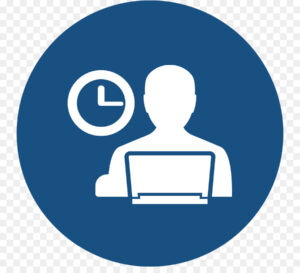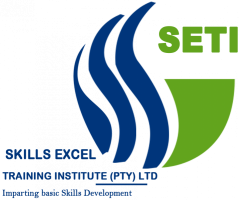
Effective verbal and written communication skills
- Improving credibility and gaining recognition
- Importance of having positive attitude
- Being assertive
- Selling your ideas to the boss, colleagues, subordinates and clients
- Preparing a professional presentation
- What constitutes professional business writing
- Style and layout
- Obtaining your objective with the reader
- Readers’ expectations
Serving the internal and external customer
- Understanding the needs of internal and external customers
- Removing services barriers
- Providing excellent service
- Breaking down the silo mentality
- Handling complaints
Stress management techniques
- Causes and symptoms
- Identifying your stressors
- How stress affects performance
- Formulating a comprehensive stress management plan
Advanced communication skills for administrators
- Business communication
- Communication defined
- Types of communication
- Tips for smart communication
Creating powerful short presentations
- Tips for powerful presentations
- Key characteristics of dynamic speakers
- The four step communication process
- The anatomy of a good presentation
Advanced business writing
- Managing the reader’s expectations
- Using positive and courteous language
- Preparing meeting agendas and minutes
The role of the office manager and administrator
- Perception versus reality
- The 3Ds of successful administrators: dramatically and demonstrably different
- Competencies required for success
- What it takes to be a ‘star’ at work
- Identifying your role
COURSE OUTLINE
The future workplace: the future-fit code to transformation
- Research-based, synoptic overview of the future workplace
- Gap and SWOT Analyses to determine the state of readiness
New roles for new times
- The changing organization
- The role of management in the workplace
- The main tasks of office managers
- New roles for new times
- Optimizing communication and influence
- Fostering a professional attitude
- Producing results from various activities
- Use of technology to get things done
Mastering data management, indexing and archiving
- Mastering filing systems
- Five secrets to organize files better
- Electronic archiving
Records management
- The records and information cycle
- Common problems in records management
- Rules for indexing personal and business names
- Cross referencing personal names
Organizing meetings
- Elements of an effective meeting
- Preparing the agenda
- Meeting common time wasters
- Taking minutes of meetings
- Responsibilities of meeting leaders and participants
The executive assistant success tool box
- Basic modern office etiquette
- Telephone etiquette
- Email etiquette
- Event planning and execution
- Preparing for meetings and conferences
- Major event planning elements
- The event tool box
Team and leadership skills
- Team formation stages
- Situational leadership
Best Principles in Managing time
- Identifying and eliminating time wasters
- Setting goals and priorities
- Using measures to control and improve your effectiveness
- Planning and managing time for self and others
- Preparing time logs and learning from them
Using the telephone properly
- Professional telephone behaviour
- Rules for good listening
- Steps in professional handling of an incoming call
- Dealing with difficult callers
- Identifying common phone problems and formulating solutions
Creating a motivating and productive office environment
- Design and productivity
- Feng Shui office design: the art of working (tips and basic steps)
- Dealing with and managing diversity
- Communicating across cultures
- Six steps to great time management
- Dealing with difficult bosses
- Inbox zero: managing emails effectively
